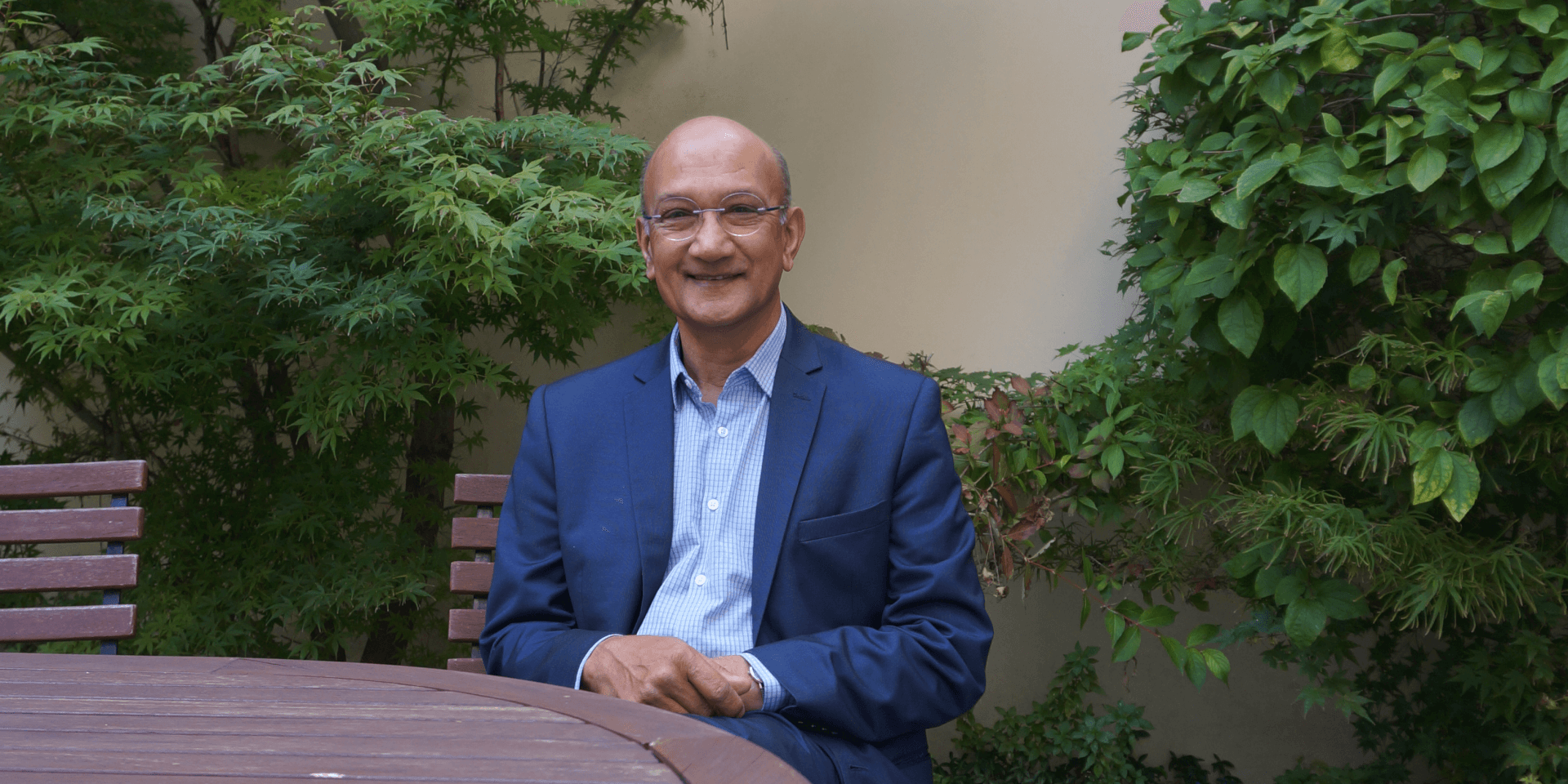
Daya Reddy, the first President of the International Science Council, stepped down from his role today at the close of the International Science Council’s 2nd General Assembly, which took place as a virtual meeting between 11 and 15 October 2021.
Daya Reddy will continue as a Member of the ISC Committee for Freedom and Responsibility in Science (CFRS) until June 2022. In his closing address to the General Assembly, Reddy reminded ISC Members of the increasing urgency of action on the global challenges facing societies today, and the need to respond to threats to scientific freedom:
“We are three years closer to the target date for achieving the SDGs, and there is growing alarm, about lack of progress towards staying below the 1.5°C temperature increase. We witness an amplification of the threats to science posed by misinformation and scientific nationalism, which seek to undermine the core values of science. We cannot be passive in the face of such threats”.
You can download the full text of Daya Reddy’s closing address to the General Assembly here.
On the side-lines of the General Assembly we caught up with Daya, to find out more about his personal reflections on the past three years – and on his advice to the new Governing Board.
You became President of the ISC at the 2018 General Assembly in Paris, France. What did you expect?
I’d been President-Elect at ICSU, so I’d had three years of that experience. I was very aware that ISC was a new organization, but I thought that there would be a transition, and nothing would be substantially different. But I was completely wrong! From the outset, we really seized this idea of a new merged organization – more than the sum of the old organizations – with its own vision, and eventually its own action plan.
That was quite different to what I’d experienced in ICSU, although it had been extremely helpful to spend the time in ICSU, getting to know our Members, partner organizations, affiliated bodies and so on. The second aspect that was quite different was that it very quickly became an all-consuming affair. I’m fortunate in that I’ve had a Research Chair and minimal teaching responsibilities, but even so, it quickly became all-consuming, in the sense not only of time spent working on activities, but reflecting on it all. As the board took shape we embarked on what became a very different and exciting journey. In a sense, we developed an identity, a personality, a certain dynamic and a way of working. There were lots of bumps, as is inevitable, but a huge degree of excitement about what we were undertaking.
What do you feel most proud of over the past three years?
Really getting to understand precisely what is meant by this new organization and vision, and then putting flesh on it. When reading through the reports of activities and achievements – as well as the great quantity of activities – there’s such a richness to it: it’s multi-dimensional.
We’ve achieved an enormous amount. On behalf of the Board, and the Secretariat, I feel a sense of pride about what’s been achieved collectively, including with our partners. And I think that activity is still on an upward trajectory.
If you had to give any advice to the new Governing Board, what would it be?
When we were preparing the call for nominations for Board Members, we spent a lot of time talking about what the expectations were. I would say go back to that and take stock. I think that very early on, the Board will be taking some time to think about how it will function.
It will take time to get to grips with everything. Coming from a disciplinary science background, this plethora of acronyms and organizations and partners can be bewildering, but Board Members shouldn’t worry. It’s a very different world. I’ve been working in the university world for 40 years, and in that community I have research collaborators and networks around the world. But the sense of diversity and richness at the ISC is not only about the nature of the work, but the diversity of the people and people’s perspectives on all sorts of things. In the past few days we’ve been having chats with scientists in Europe in one minute and in China the next. The Secretariat team in Paris are from just about everywhere. There’s a wonderful richness to all of that – you get to experience a different kind of diversity. And that’s been enormously enriching.
I think that the Board will develop a an excellent modus operandi and everybody should feel very comfortable. There’s a lot to look forward to: it’s exciting work.
I’m pleased to hear that it’s been interesting, if busy! What are you looking forward to doing with any extra free time now?
I’m engaged in various activities: I have formally retired as a professor, but I’m still active as a researcher, as I always have been through all of this. I’m going to be spending some time with research collaborators in Germany. I’m also engaged in activities with other bodies. I sit on the academic advisory board of the Humboldt Foundation, which is very interesting, and that will continue for a few years. Beyond that, I do look forward to having a blank diary some days and just reading, or playing tennis or social activities or whatever I feel like doing! But I will stay in touch with the ISC – I would love to continue to be of assistance.
The new Governing Board of the ISC was elected on 14 October 2021. Peter Gluckman, who was elected as President-Elect in 2018, becomes President of the ISC.